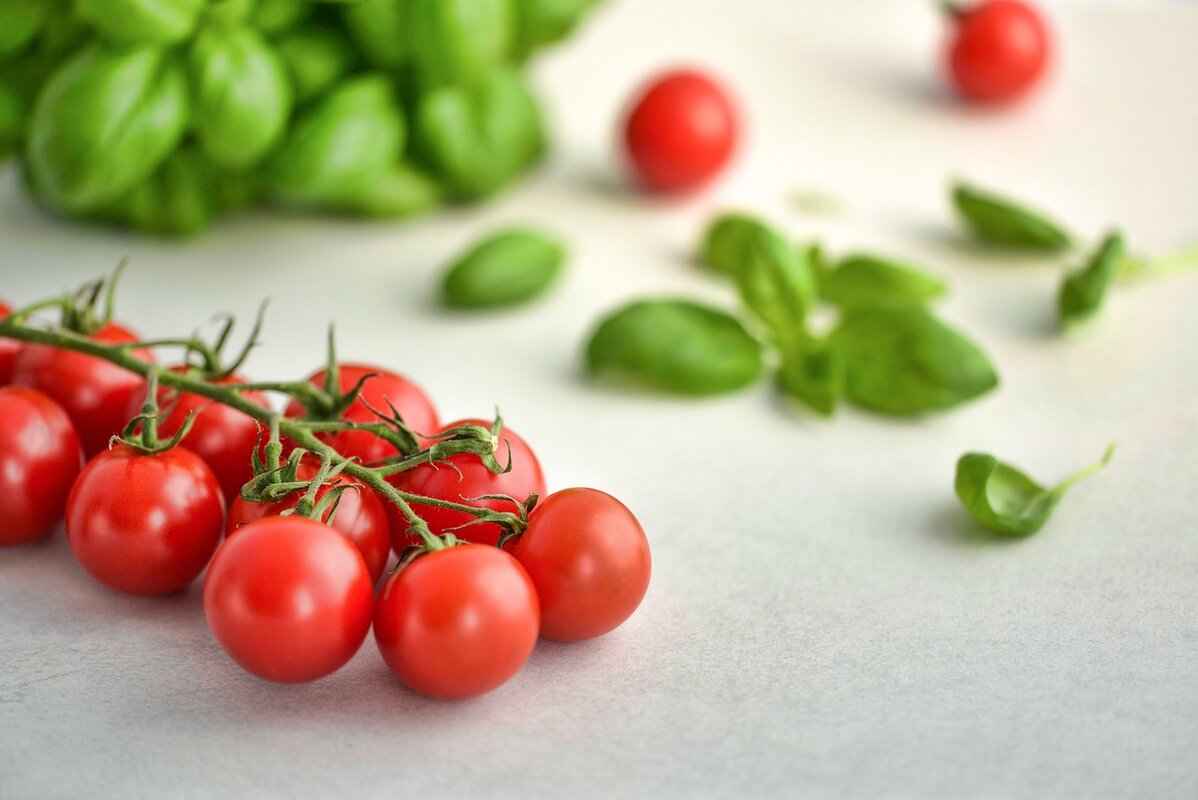This article delves into the health benefits, nutritional profiles, and culinary uses of basil seeds and chia seeds. By providing a detailed comparison, we aim to help you make informed dietary choices that align with your health goals.
Basil seeds, also known as sabja or tukmaria, are small black seeds from the sweet basil plant. When soaked in water, they develop a gelatinous texture, which makes them a popular ingredient in drinks and desserts. They are often used in Asian cuisine and are praised for their health benefits.
Chia seeds come from the Salvia hispanica plant and are renowned for their rich nutrient profile. These tiny seeds can absorb water and swell, forming a gel-like substance. Chia seeds are widely used in smoothies, puddings, and baked goods, providing a nutritious boost to various dishes.
Basil seeds are an excellent source of fiber, protein, and essential fatty acids. They also contain antioxidants and micronutrients such as calcium, magnesium, and iron. These components contribute to improved digestion, heart health, and overall wellness.
Chia seeds are particularly rich in omega-3 fatty acids, which are essential for brain health. They also provide a good amount of fiber, protein, and various vitamins and minerals, including vitamin B and phosphorus. The high antioxidant content in chia seeds helps combat oxidative stress and may reduce inflammation.
Both basil seeds and chia seeds are low in calories, making them suitable for weight management. Basil seeds contain approximately 30 calories per tablespoon, while chia seeds have about 58 calories per tablespoon. Understanding their caloric values can help you incorporate them into your diet effectively without exceeding your daily caloric intake.
Both seeds can support weight loss due to their high fiber content, which promotes satiety. However, chia seeds may be more effective because they absorb more water and expand in the stomach, helping you feel fuller for longer. Incorporating either seed into a balanced diet can aid in achieving weight loss goals.
The fiber in both basil and chia seeds is beneficial for digestive health. Basil seeds may help soothe digestive issues and are often used in traditional remedies for their calming effects. In contrast, chia seeds are known for promoting regularity and supporting gut health due to their soluble fiber content.
Both seeds are excellent for hydration as they can absorb significant amounts of water. Basil seeds can absorb up to 10 times their weight in water, while chia seeds can absorb 12 times their weight. Their gel-like consistency helps maintain hydration levels, making them perfect for hot weather or after exercise.
Basil seeds can be used in a variety of dishes, including:
- Beverages like smoothies and herbal drinks
- Desserts such as puddings and jellies
- Salads for added texture and nutrition
Their mild flavor and unique texture make them a versatile ingredient in many recipes.
Chia seeds are incredibly versatile and can be added to:
- Smoothies for a nutrient boost
- Baked goods like muffins and bread
- Puddings that benefit from their thickening properties
They can also be sprinkled on salads or yogurt for added crunch and nutrition.
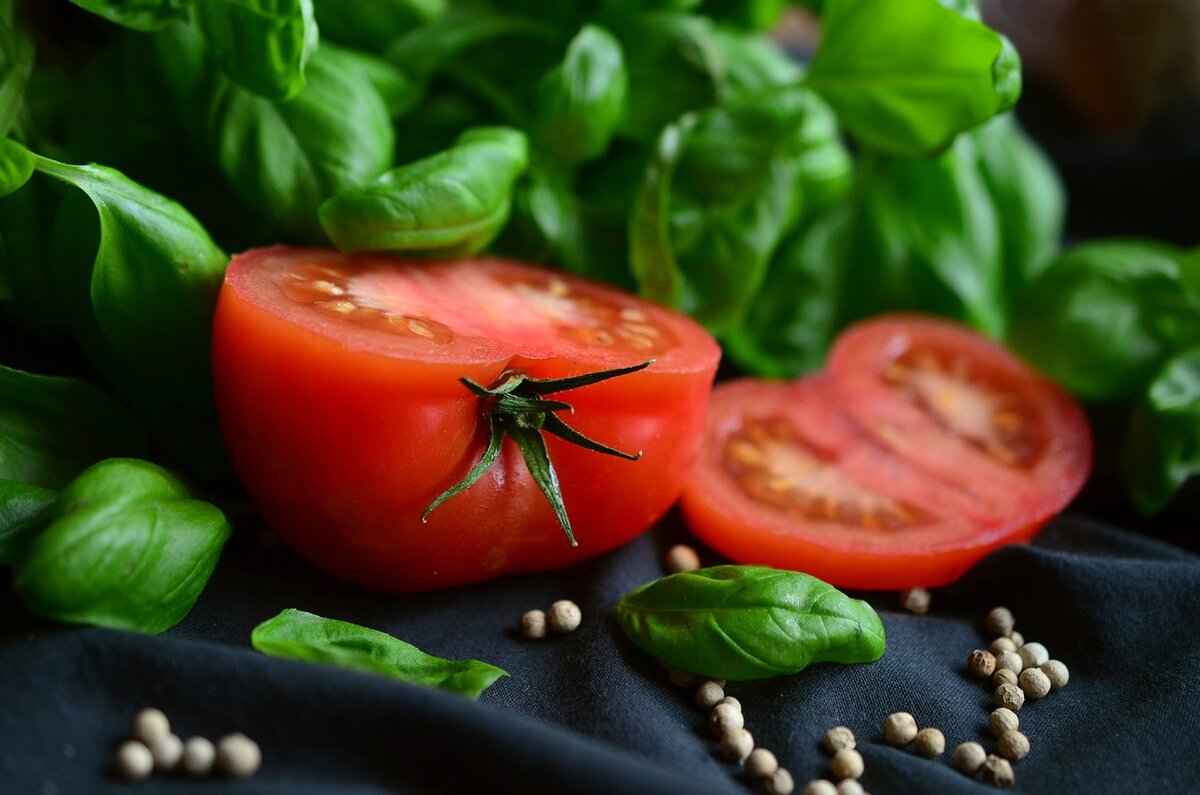
What Are Basil Seeds?
Basil seeds, commonly referred to as sabja or tukmaria, are small black seeds derived from the sweet basil plant (Ocimum basilicum). These seeds are particularly valued for their unique properties, especially their ability to absorb water and form a gelatinous texture when soaked. This characteristic makes them a popular ingredient in various culinary applications, particularly in Asian cuisines.
One of the most remarkable features of basil seeds is their gelatinous texture. When soaked in water, they swell up and create a gel-like consistency, which can be quite refreshing in drinks and desserts. This property not only enhances the texture of dishes but also makes them visually appealing.
- Rich in Nutrients: Basil seeds are packed with essential nutrients, including fiber, protein, and healthy fats. This nutrient profile supports overall health and well-being.
- Digestive Health: The high fiber content in basil seeds aids in digestion by promoting regular bowel movements and alleviating digestive issues.
- Hydration: Due to their ability to absorb water, basil seeds help maintain hydration levels in the body, making them a great addition to summer drinks.
- Weight Management: The fiber in basil seeds promotes a feeling of fullness, which can assist in weight management by reducing overall calorie intake.
Incorporating basil seeds into your diet is simple and versatile. Here are some popular ways to use them:
- In Beverages: Add soaked basil seeds to smoothies, juices, or flavored water for a refreshing twist.
- In Desserts: Use them in puddings, jellies, or as a topping for yogurt and parfaits.
- In Salads: Sprinkle soaked basil seeds over salads for added texture and nutrition.
While basil seeds are generally safe for consumption, it is important to consume them in moderation. Some individuals may experience mild digestive discomfort if they consume them in excessive amounts. Additionally, it’s crucial to soak them properly before consumption to avoid any choking hazards.
When compared to other seeds like chia seeds, basil seeds offer similar health benefits but have distinct characteristics. For instance, while both seeds are high in fiber and can aid in digestion, basil seeds are known for their unique texture and flavor that can enhance various dishes.
Basil seeds can be found in health food stores, Asian grocery stores, and online retailers. When purchasing, look for high-quality seeds that are fresh and free from contaminants.
In conclusion, basil seeds are a nutritious and versatile ingredient that can enhance your culinary creations while offering numerous health benefits. Whether you are looking to improve your digestion, stay hydrated, or add a unique texture to your dishes, basil seeds are an excellent choice.

What Are Chia Seeds?
Chia seeds, derived from the Salvia hispanica plant, are small yet mighty seeds that have gained popularity in health and wellness circles. These tiny seeds are not just a trend; they are a powerhouse of nutrients that offer a variety of health benefits. Known for their remarkable ability to absorb water, chia seeds can swell up to twelve times their weight, forming a gel-like substance that is both versatile and nutritious. This characteristic makes them a favored ingredient in smoothies, puddings, and various health foods.
Chia seeds are incredibly nutrient-dense. They are packed with essential nutrients, including:
- Omega-3 Fatty Acids: These healthy fats are crucial for heart health and brain function.
- Fiber: Chia seeds are an excellent source of dietary fiber, which aids in digestion and promotes a feeling of fullness.
- Protein: They contain a good amount of protein, making them a great addition to a vegetarian or vegan diet.
- Vitamins and Minerals: Chia seeds are rich in calcium, magnesium, phosphorus, and various antioxidants.
The health benefits of chia seeds are numerous. Here are some key advantages:
- Digestive Health: The high fiber content in chia seeds helps regulate bowel movements and supports gut health.
- Weight Management: Their ability to absorb water can help you feel full longer, aiding in weight loss efforts.
- Heart Health: The omega-3 fatty acids in chia seeds can help lower cholesterol levels and reduce inflammation.
- Bone Health: With significant amounts of calcium and phosphorus, chia seeds can contribute to stronger bones.
Adding chia seeds to your meals is easy and enjoyable. Here are some practical ways to use them:
- Smoothies: Blend them into your favorite smoothie for an extra nutrient boost.
- Puddings: Combine chia seeds with almond milk and sweeteners to create a delicious chia pudding.
- Baking: Incorporate them into muffins, breads, or energy bars for added texture and nutrition.
- Salads: Sprinkle chia seeds over salads for an added crunch.
While chia seeds are generally safe for most people, it’s important to consume them in moderation. Some potential side effects include:
- Digestive Issues: Due to their high fiber content, consuming too many chia seeds at once may cause bloating or digestive discomfort.
- Allergic Reactions: Though rare, some individuals may experience allergic reactions to chia seeds.
In conclusion, chia seeds are a versatile and nutritious addition to any diet. Their numerous health benefits, combined with their unique ability to absorb water, make them a popular choice for those looking to improve their overall health. Whether you are adding them to smoothies, puddings, or salads, chia seeds can enhance your meals while providing essential nutrients.
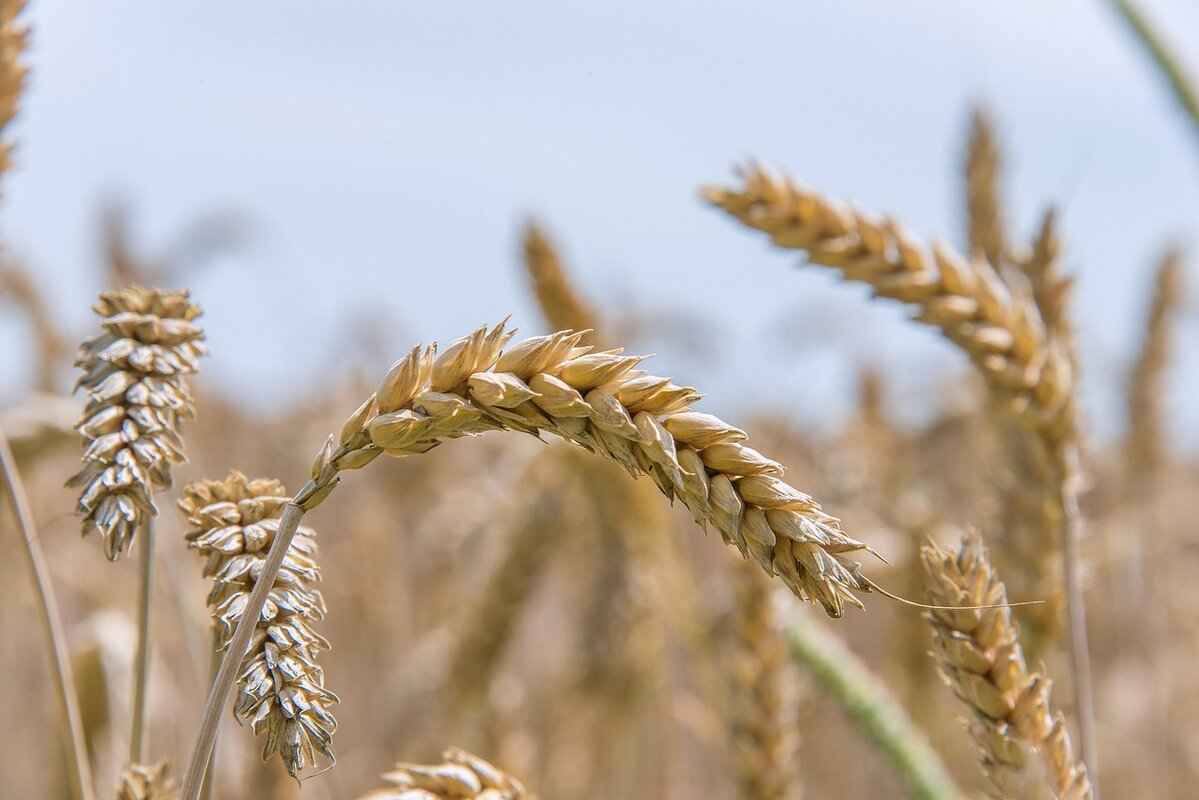
What Are the Nutritional Benefits of Basil Seeds?
Basil seeds, also known as sabja or tukmaria, are gaining popularity in the health food community due to their impressive nutritional profile. These tiny black seeds, derived from the sweet basil plant, are often overlooked in favor of more mainstream superfoods. However, they offer a variety of health benefits that are worth considering.
Basil seeds are particularly rich in fiber, making them an excellent addition to any diet. A single serving can provide a significant portion of your daily fiber needs, which is essential for maintaining a healthy digestive system. The high fiber content helps to promote regular bowel movements and can alleviate issues such as constipation.
In addition to fiber, basil seeds are a good source of protein. They contain essential amino acids that are vital for muscle repair and growth. This makes them a great option for vegetarians and those looking to increase their protein intake without relying solely on animal products.
Another significant aspect of basil seeds is their content of essential fatty acids, particularly omega-3 and omega-6 fatty acids. These healthy fats are crucial for heart health, as they can help lower cholesterol levels and reduce the risk of heart disease. Incorporating basil seeds into your diet may therefore contribute to improved cardiovascular health.
Basil seeds are also packed with antioxidants, which help combat oxidative stress in the body. Antioxidants are known to play a role in reducing inflammation and protecting against chronic diseases such as cancer and diabetes. The presence of these compounds in basil seeds makes them a valuable addition to a health-conscious diet.
Moreover, basil seeds are rich in various micronutrients including calcium, magnesium, and iron. These minerals are essential for bone health, muscle function, and overall metabolic processes. For individuals looking to enhance their nutrient intake, basil seeds can serve as a convenient and effective source.
When soaked in water, basil seeds expand and develop a gelatinous texture. This unique property not only makes them enjoyable to consume but also enhances their ability to aid in hydration. The gel-like substance formed can help to keep you feeling full for longer, which can be beneficial for those managing their weight.
Incorporating basil seeds into your meals is easy and versatile. They can be added to smoothies, desserts, or even salads, providing a delightful crunch and a nutritional boost. Their mild flavor allows them to blend seamlessly into various dishes, making them a practical choice for anyone looking to enhance their diet.
In summary, the nutritional benefits of basil seeds are extensive. From their high fiber and protein content to their rich supply of essential fatty acids and antioxidants, these seeds offer numerous health advantages. By integrating basil seeds into your daily routine, you can enjoy improved digestion, better heart health, and a more balanced diet.

What Are the Nutritional Benefits of Chia Seeds?
Chia seeds, derived from the Salvia hispanica plant, have gained immense popularity due to their impressive nutritional profile and numerous health benefits. These tiny seeds are not only a powerhouse of nutrients but also versatile in culinary uses. In this section, we will delve into the nutritional benefits of chia seeds and why they deserve a place in your diet.
Chia seeds are exceptionally rich in omega-3 fatty acids, which are crucial for maintaining heart health. These essential fats help reduce inflammation and lower the risk of chronic diseases. Additionally, chia seeds are an excellent source of dietary fiber, with about 11 grams per ounce. This high fiber content aids in digestion, promotes a feeling of fullness, and can help regulate blood sugar levels.
In addition to their healthy fats and fiber, chia seeds are also packed with protein. They contain approximately 4 grams of protein per ounce, making them a great addition for vegetarians and vegans looking to boost their protein intake. The protein in chia seeds is complete, meaning it contains all nine essential amino acids, which are vital for various bodily functions.
Chia seeds are loaded with antioxidants, which help combat oxidative stress and protect the body from free radical damage. These antioxidants contribute to overall health and may play a role in reducing the risk of certain diseases, including heart disease and cancer.
Chia seeds are a good source of several important vitamins and minerals, including:
- Calcium: Essential for bone health.
- Magnesium: Supports muscle and nerve function.
- Phosphorus: Important for bone health and energy production.
- Iron: Vital for transporting oxygen in the blood.
One of the unique properties of chia seeds is their ability to absorb liquid. They can soak up to 12 times their weight in water, forming a gel-like substance. This characteristic not only enhances their texture in recipes but also aids in hydration. Consuming chia seeds can help maintain hydration levels, especially during hot weather or after exercise.
The high fiber and protein content in chia seeds can aid in weight management. By promoting a feeling of fullness, they can help control appetite and reduce overall calorie intake. Incorporating chia seeds into meals can be a strategic way to support weight loss or maintenance efforts.
Chia seeds are incredibly versatile and can be easily added to a variety of dishes. Here are some popular ways to include them in your meals:
- Add them to smoothies for a nutrient boost.
- Sprinkle them on yogurt or oatmeal.
- Use them in baking as a thickening agent.
- Make chia seed pudding by soaking them in milk or a milk alternative.
In summary, chia seeds are a nutrient-dense superfood that offers a wide range of health benefits. From their high omega-3 content to their impressive fiber and protein levels, these tiny seeds can significantly enhance your overall health and wellness. Incorporating chia seeds into your daily diet can be a simple yet effective way to boost your nutritional intake.
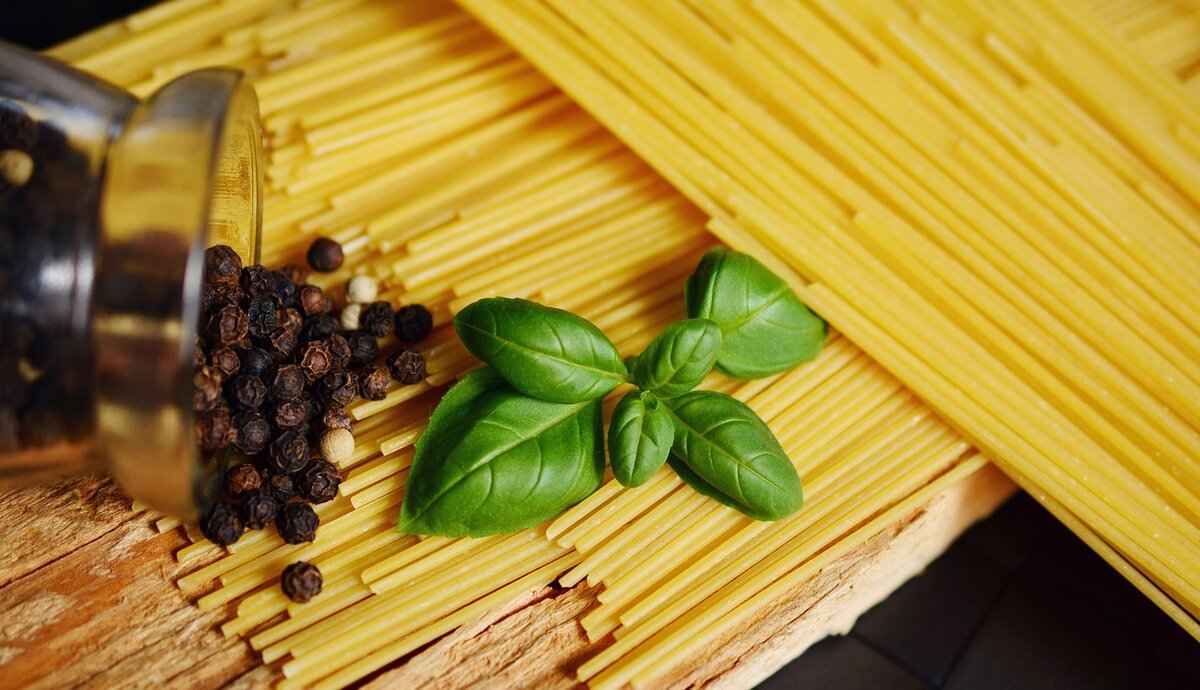
How Do Basil Seeds and Chia Seeds Compare in Calories?
When it comes to incorporating healthy foods into your diet, understanding the caloric content of various options is essential. In this section, we will delve into how basil seeds and chia seeds compare in terms of calories, providing you with valuable insights to make informed dietary choices.
Basil seeds and chia seeds are both celebrated for their nutritious profiles, yet they differ slightly in their caloric content. On average, a one-ounce (28 grams) serving of chia seeds contains approximately 138 calories, while the same serving size of basil seeds offers around 120 calories. This modest difference may seem negligible, but it can have implications depending on your dietary goals.
While both seeds are low in calories, it’s crucial to consider what those calories are contributing to your diet. Chia seeds are rich in omega-3 fatty acids, protein, and fiber, which can help you feel full longer. In contrast, basil seeds also provide a good amount of fiber and are known for their hydrating properties when soaked in water, forming a gel-like consistency.
- Weight Management: If you are looking to manage your weight, understanding the caloric content of these seeds can help you incorporate them into meals without exceeding your daily caloric needs.
- Meal Planning: Knowing that basil seeds are slightly lower in calories can make them a favorable option for those who are calorie-conscious but still want to enjoy the health benefits of seeds.
- Snack Alternatives: Both seeds can serve as nutritious snacks or meal additions, but their caloric differences might influence your choice depending on your overall diet plan.
Incorporating these seeds into your meals can be simple and enjoyable. Here are some practical ways to use them:
- Basil Seeds: Add soaked basil seeds to smoothies, yogurt, or desserts for a unique texture. They can also be used in beverages like falooda or fruit juices.
- Chia Seeds: Mix chia seeds into oatmeal, puddings, or baked goods. Their ability to absorb liquid makes them an excellent thickening agent in various recipes.
In summary, both basil seeds and chia seeds are nutrient-dense options with relatively low caloric content. While chia seeds may have a slight edge in terms of calories, basil seeds offer unique benefits that can complement your diet. By understanding their caloric values and how they fit into your overall nutrition plan, you can make better choices tailored to your health goals.
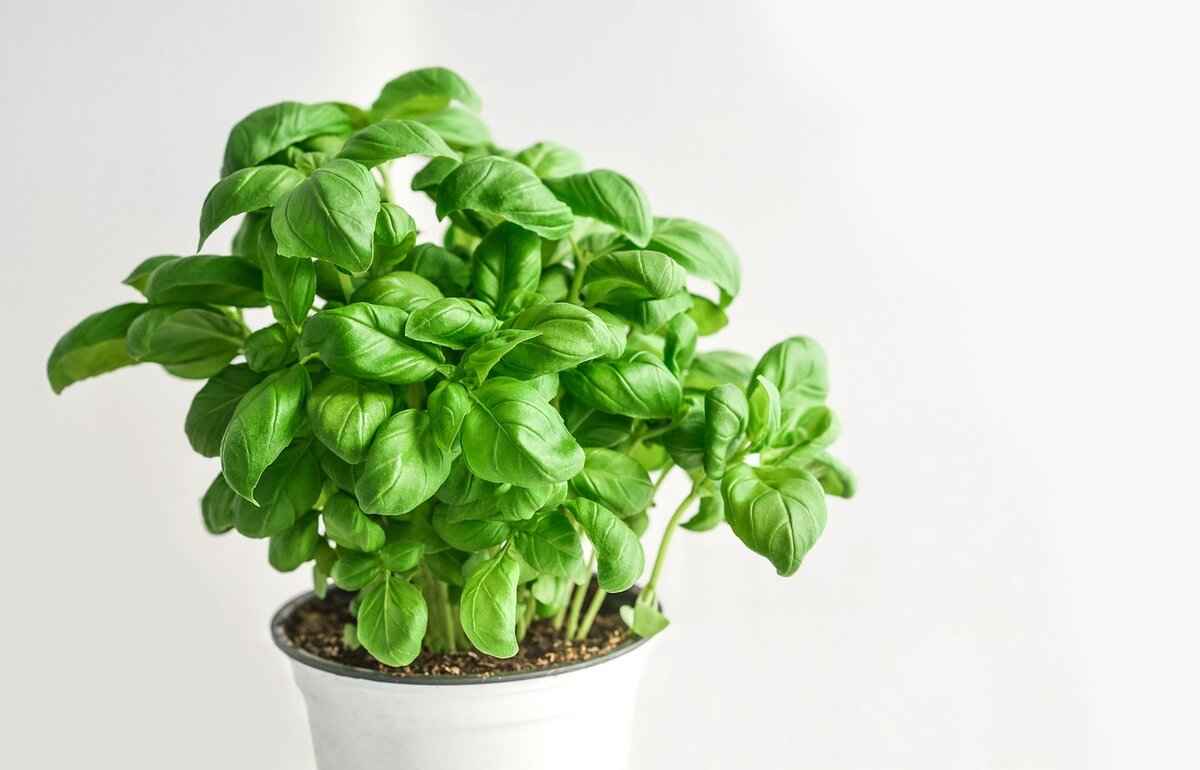
Which Seed Is Better for Weight Loss?
When it comes to weight loss, making informed dietary choices is crucial. Among the many options available, basil seeds and chia seeds have gained popularity due to their health benefits, particularly in aiding weight management. This article delves into the unique properties of these seeds, helping you understand which one might be more effective for your weight loss journey.
Basil seeds, also known as sabja seeds, are rich in fiber, which plays a significant role in promoting satiety. When soaked in water, these seeds expand and form a gel-like consistency, which can help you feel fuller for longer periods. This property makes basil seeds an excellent addition to meals, reducing the likelihood of overeating. Additionally, they are low in calories, making them a smart choice for those looking to shed pounds.
Chia seeds are similarly high in fiber and can absorb up to 10-12 times their weight in water. This absorption creates a gel-like substance that also promotes a feeling of fullness. Furthermore, chia seeds are packed with omega-3 fatty acids, which are beneficial for overall health and can support weight loss by improving metabolism. Their nutrient density means that you receive a wide range of vitamins and minerals without consuming excessive calories.
| Seed Type | Fiber Content (per 28g) |
|---|---|
| Basil Seeds | 6g |
| Chia Seeds | 10g |
The table above highlights the fiber content of both seeds. While chia seeds contain more fiber, both options are beneficial for weight loss due to their ability to enhance feelings of fullness.
Both seeds can positively impact your metabolism. The omega-3 fatty acids in chia seeds may help boost metabolic rates, while the antioxidants in basil seeds can reduce inflammation, potentially leading to better metabolic health. This dual action supports effective weight management strategies.
- Basil Seeds: Commonly used in drinks, desserts, and salads.
- Chia Seeds: Ideal for smoothies, puddings, and baked goods.
Both seeds can be incorporated into various recipes, making them easy to add to your diet. Their unique textures and flavors provide versatility, allowing you to experiment with different culinary applications.
Generally, both basil seeds and chia seeds are safe for consumption. However, it is essential to consume them in moderation. Overconsumption can lead to gastrointestinal discomfort due to their high fiber content. Always ensure that you are drinking enough water when consuming these seeds to aid in digestion and absorption.
In conclusion, both basil seeds and chia seeds offer unique benefits for weight loss. While chia seeds may have a slight edge due to their higher fiber content and omega-3 fatty acids, basil seeds are equally effective in promoting satiety and reducing calorie intake. Ultimately, the best choice depends on personal preference and dietary needs. Incorporating either or both into a balanced diet can support your weight loss goals effectively.
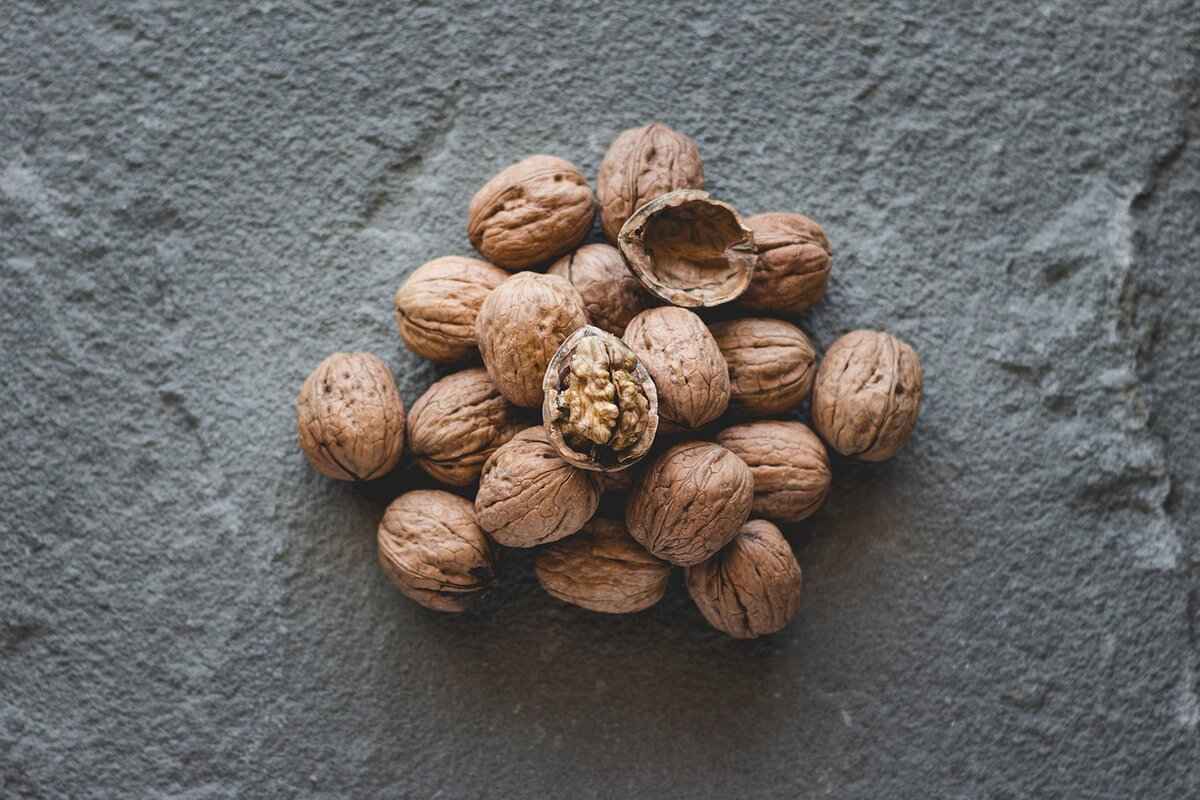
How Do Basil Seeds and Chia Seeds Affect Digestion?
When it comes to enhancing digestive health, both basil seeds and chia seeds offer unique benefits due to their impressive fiber content. However, the way they function in the digestive system varies significantly, making each seed suitable for different digestive needs.
Basil seeds, also known as sabja seeds, are renowned for their soothing properties. When soaked in water, they expand and develop a gelatinous coating, which can help ease digestive discomfort. This gelatinous texture aids in soothing the stomach lining and may alleviate symptoms of bloating and gas. Furthermore, the soluble fiber in basil seeds can help to form a protective barrier in the digestive tract, promoting a calm and balanced gut environment.
On the other hand, chia seeds are particularly effective for promoting regular bowel movements. They are rich in both soluble and insoluble fiber, which adds bulk to the stool and helps to regulate the digestive process. When chia seeds are consumed, they absorb water and swell, forming a gel-like substance that can help to move food through the digestive tract more efficiently. This property makes chia seeds an excellent choice for those struggling with constipation or irregularity.
| Seed Type | Soluble Fiber | Insoluble Fiber |
|---|---|---|
| Basil Seeds | High | Moderate |
| Chia Seeds | High | High |
- Basil Seeds: Ideal for soothing digestive discomfort, bloating, and gas.
- Chia Seeds: Best for enhancing regularity and preventing constipation.
Both seeds have the remarkable ability to absorb water, which can be beneficial for hydration. Staying hydrated is crucial for maintaining optimal digestive health, as it helps to soften stool and prevent constipation. The gel-like consistency formed by both seeds when they absorb water can also aid in maintaining a healthy gut environment.
To harness the digestive benefits of these seeds, consider the following tips:
- Soak basil seeds in water and add them to smoothies or yogurt for a soothing effect.
- Mix chia seeds into oatmeal or baked goods to promote regularity.
- Use both seeds in beverages, such as smoothies or juices, to enhance hydration and digestive support.
In summary, while both basil seeds and chia seeds contribute positively to digestive health, their mechanisms differ. Basil seeds are excellent for soothing digestive issues, while chia seeds are ideal for promoting regularity. Incorporating these seeds into your diet can lead to improved digestive health and overall well-being.

Can Basil Seeds and Chia Seeds Help with Hydration?
When it comes to maintaining optimal hydration, basil seeds and chia seeds stand out as remarkable natural options. Both of these seeds are known for their ability to absorb water, making them not only a popular choice in various culinary applications but also a beneficial addition to your hydration strategy.
What Makes Basil Seeds Hydrating?
Basil seeds, also known as sabja or tukmaria, can absorb up to 10 times their weight in water. When soaked, they develop a gel-like consistency that aids in retaining moisture. This unique property makes basil seeds particularly effective during the hot summer months or after intense exercise. The gel formed helps to slow down the digestion of carbohydrates, providing a steady release of energy while keeping you hydrated.
How Do Chia Seeds Contribute to Hydration?
Similarly, chia seeds are renowned for their incredible water absorption capabilities. They can absorb up to 12 times their weight in liquid, forming a thick gel. This gel not only enhances hydration but also adds a delightful texture to smoothies, puddings, and other dishes. The hydration benefits of chia seeds make them a favorite among athletes and health enthusiasts alike, as they help replenish lost fluids and electrolytes during physical activity.
Comparative Benefits of Basil and Chia Seeds for Hydration
| Feature | Basil Seeds | Chia Seeds |
|---|---|---|
| Water Absorption | Up to 10 times their weight | Up to 12 times their weight |
| Gel Formation | Yes | Yes |
| Best Used In | Beverages, desserts | Smoothies, baked goods |
Why Are These Seeds Ideal for Hot Weather?
During periods of heat, maintaining hydration is crucial for overall health. Both basil and chia seeds can be easily incorporated into refreshing drinks, such as lemonade or smoothies, providing a cooling effect while replenishing lost fluids. Their high fiber content also plays a role in hydration, as it helps retain water in the digestive system, promoting a sense of fullness and preventing dehydration.
Post-Exercise Hydration with Seeds
After a workout, it’s essential to rehydrate effectively. Adding either basil or chia seeds to your post-exercise routine can significantly enhance your recovery. The gel-like consistency of both seeds aids in providing a sustained release of hydration, ensuring that your body remains well-hydrated as it recovers from physical exertion.
Practical Ways to Use These Seeds for Hydration
- Add soaked basil seeds to fruit juices or yogurt for a nutritious boost.
- Incorporate chia seeds into your smoothies or overnight oats for added texture and hydration.
- Mix both seeds into salads or desserts for a unique twist.
In summary, both basil seeds and chia seeds offer impressive hydration benefits, making them excellent additions to your diet, particularly during hot weather or after physical activity. Their unique properties not only help maintain hydration but also contribute to overall health, making them versatile ingredients in various culinary creations.

What Are the Culinary Uses of Basil Seeds?
Basil seeds, also known as sabja or tukmaria, are not just nutritious; they are also incredibly versatile in the kitchen. Their unique properties allow them to be incorporated into a variety of dishes, enhancing both flavor and texture. Below, we explore the diverse culinary uses of basil seeds, showcasing how they can elevate your meals.
Basil seeds are often used in refreshing drinks, especially in Asian cuisine. When soaked in water, they swell and develop a gelatinous texture, making them an attractive addition to beverages. Here are some popular ways to use basil seeds in drinks:
- Fruit Juices: Add soaked basil seeds to your favorite fruit juices for a nutritious twist.
- Smoothies: Incorporate them into smoothies for added fiber and a unique texture.
- Bubble Tea: Use basil seeds as a chewy alternative to traditional tapioca pearls in bubble tea.
The mild flavor of basil seeds makes them an excellent addition to various desserts. Here are some ideas:
- Puddings: Mix soaked basil seeds into chia or rice puddings to create a delightful texture.
- Ice Creams: Stir them into homemade ice creams for an interesting crunch.
- Fruit Salads: Sprinkle basil seeds over fruit salads for an added layer of nutrition.
Adding basil seeds to salads can enhance both the nutritional profile and the overall eating experience. Consider these options:
- Green Salads: Toss soaked basil seeds into mixed greens for a nutritious boost.
- Grain Salads: Incorporate them into quinoa or couscous salads for added texture.
- Dressings: Blend basil seeds into salad dressings for a unique twist.
If you’re looking to experiment, here are some creative recipes that feature basil seeds:
- Basil Seed Lemonade: Combine lemon juice, water, and sugar with soaked basil seeds for a refreshing drink.
- Overnight Oats: Mix rolled oats with milk or yogurt and add basil seeds for a nutritious breakfast.
- Basil Seed Energy Bars: Create homemade energy bars by combining nuts, seeds, and soaked basil seeds.
In summary, basil seeds are not only a nutritional powerhouse but also a versatile ingredient that can enhance a variety of dishes. From refreshing beverages to delightful desserts and satisfying salads, the culinary possibilities are endless. By incorporating basil seeds into your meals, you can enjoy their unique texture and health benefits while adding an exciting twist to your cooking.

What Are the Culinary Uses of Chia Seeds?
Chia seeds, derived from the Salvia hispanica plant, have gained immense popularity in recent years due to their numerous health benefits and culinary versatility. This tiny seed packs a powerful nutritional punch, making it a favorite among health enthusiasts. In this section, we will explore the various ways chia seeds can be incorporated into your meals and snacks, highlighting their unique properties that enhance both flavor and texture.
Chia seeds are incredibly versatile and can be used in a variety of dishes. Their ability to absorb liquid and form a gel-like consistency makes them an excellent ingredient for thickening and adding texture. Here are some popular culinary applications:
- Smoothies: Chia seeds can be easily blended into smoothies, adding a boost of nutrition without altering the flavor. They enhance the creaminess and thickness of the drink.
- Baked Goods: Incorporating chia seeds into baked goods like muffins, bread, and pancakes not only adds fiber and protein but also contributes to moisture retention, resulting in a more tender texture.
- Puddings: Chia seed puddings are a popular health food trend. When mixed with milk or plant-based alternatives and sweeteners, chia seeds swell and create a creamy pudding-like consistency that can be flavored with fruits, cocoa, or vanilla.
- Salads: Sprinkling chia seeds on salads adds a delightful crunch and nutritional boost. They can be used whole or ground, depending on your preference.
- Soups and Sauces: Chia seeds can act as a thickening agent in soups and sauces. They absorb liquid and swell, creating a hearty texture without the need for additional starches.
- Energy Bars and Snacks: Chia seeds are a common ingredient in homemade energy bars and snacks, providing a healthy source of energy and keeping you feeling full longer.
In addition to their culinary uses, chia seeds are also known for their health benefits. They are rich in omega-3 fatty acids, fiber, protein, and essential minerals, making them a nutritious addition to any diet. These properties not only support overall health but also contribute to a feeling of fullness, which can aid in weight management.
When using chia seeds in your cooking, it’s essential to consider their unique properties. For instance, when soaked in liquid, they can absorb up to 12 times their weight, forming a gel that can be used in various recipes. This gel-like consistency is particularly beneficial for those looking to create vegan alternatives to eggs in baking, as the gel can act as a binding agent.
Moreover, chia seeds are easy to incorporate into your daily routine. They have a mild, nutty flavor that complements a wide range of dishes, making them an ideal ingredient for both savory and sweet recipes. Whether you are looking to boost the nutritional value of your meals or simply experiment with new textures, chia seeds offer endless possibilities.
In summary, the culinary uses of chia seeds are vast and varied. From smoothies and baked goods to salads and puddings, these tiny seeds can enhance the nutritional profile and texture of many dishes. Their ability to thicken liquids and absorb flavors makes them a valuable addition to any kitchen. So next time you’re planning a meal, consider incorporating chia seeds for a nutritious and delicious twist!
Frequently Asked Questions
- What is the main difference between basil seeds and chia seeds?
Basil seeds, also known as sabja, are derived from the sweet basil plant and have a unique gelatinous texture when soaked. Chia seeds, on the other hand, come from the Salvia hispanica plant and are known for their high omega-3 fatty acid content and ability to absorb water, forming a gel-like substance.
- Which seed is better for digestion?
Both seeds are beneficial for digestion due to their high fiber content. Basil seeds may help soothe digestive issues, while chia seeds promote regularity and overall gut health, making them both excellent choices for maintaining a healthy digestive system.
- Can I use basil seeds and chia seeds interchangeably in recipes?
While both seeds can be used in a variety of dishes, they have different textures and flavors. Basil seeds have a more subtle taste and a unique texture, making them great for drinks and desserts. Chia seeds are more versatile and can thicken liquids, making them ideal for smoothies and puddings. It’s best to choose based on the specific recipe!
- How do these seeds help with hydration?
Both basil and chia seeds can absorb a significant amount of water, creating a gel-like consistency that helps maintain hydration levels. This is particularly beneficial during hot weather or after exercise, as they can help replenish lost fluids.
- Are there any side effects of consuming basil seeds or chia seeds?
Generally, both seeds are safe for most people when consumed in moderation. However, it’s essential to drink plenty of water when eating them, especially chia seeds, as they can expand and may cause digestive discomfort if not properly hydrated.

